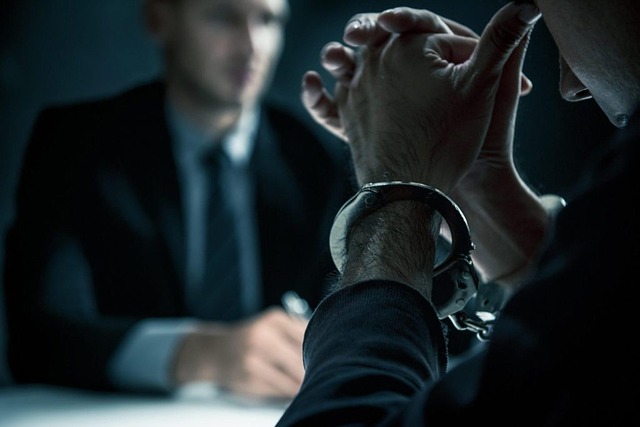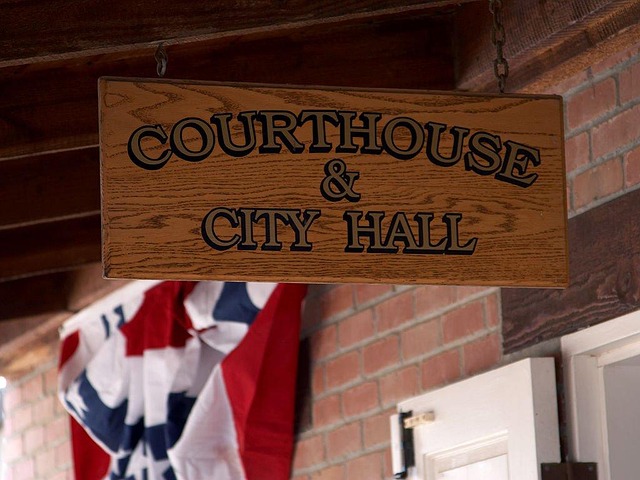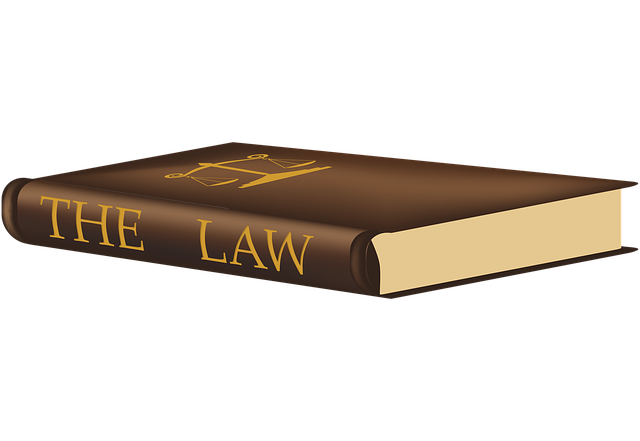Regulatory fraud laws penalize entities evading oversight or manipulating markets. Understanding jury biases, which can affect financial decisions, is crucial for fair trials. Juries may be swayed by personal experiences, media influence, and emotional arguments. Legal professionals combat these biases through strategic evidence presentation and expert witness testimonies to ensure just outcomes. By addressing jury dynamics, they foster an environment conducive to successful defenses and impartial judgments in regulatory fraud cases.
Regulatory fraud laws are essential tools designed to combat deceptive practices that undermine public trust. These laws aim to protect consumers, investors, and businesses from intentional misrepresentations and false statements made to evade regulatory oversight. This article explores various facets of regulatory fraud, including its definitions, common types, and the critical role of juries in detection and punishment. Additionally, it delves into strategies for addressing jury biases to ensure fair trials in criminal cases involving complex regulatory issues. Understanding jury biases is crucial for upholding justice in these intricate legal matters.
- Definition of Regulatory Fraud Laws and Their Purpose
- Common Types of Regulatory Fraud in Criminal Cases
- The Role of Juries in Detecting and Punishing Regulatory Fraud
- Addressing Jury Biases to Ensure Fair Trials in Regulatory Fraud Cases
Definition of Regulatory Fraud Laws and Their Purpose
Regulatory Fraud Laws are a set of legal frameworks designed to combat dishonest practices and activities that undermine fair market operations. These laws target individuals or entities involved in fraudulent schemes aimed at evading regulatory oversight, misrepresenting financial information, or manipulating markets. The primary purpose is to protect investors, consumers, and the overall integrity of economic systems by ensuring transparency, accountability, and compliance with established rules and regulations.
Understanding jury biases in criminal cases is crucial when considering the implications of Regulatory Fraud Laws. In jury trials, an unprecedented track record of successful prosecutions for his clients can significantly impact public perception and subsequent trials. Juries, despite their critical role, may unconsciously harbor biases that affect their decisions, particularly when complex financial matters are involved. By recognizing these potential biases, legal professionals can navigate the complexities of regulatory fraud cases more effectively, ensuring fair outcomes and upholding the integrity of the justice system.
Common Types of Regulatory Fraud in Criminal Cases
In criminal cases, regulatory fraud takes various forms, each with its own complexities and potential for significant harm. One common type involves financial institutions misrepresenting or manipulating financial data to gain an unfair advantage. This can range from accounting irregularities that distort a company’s financial health to false reporting of loan outcomes, which can have severe economic repercussions for individuals and the broader market. Another prevalent instance is insider trading, where individuals with non-public information use it to trade stocks, gaining illegal profits and disrupting fair market practices.
Understanding jury biases in criminal cases is crucial when addressing regulatory fraud. Juries, despite their role as the cornerstone of the justice system, can be susceptible to manipulation and misinformation. This is where an unprecedented track record for successfully defending clients against such charges comes into play. Skilled legal representatives employ strategic approaches, including meticulous evidence examination and expert witness testimonies, to ensure that their clients are not only avoided indictment but also receive a fair trial. These strategies help counterbalance potential biases, allowing for a more just outcome based on the facts presented.
The Role of Juries in Detecting and Punishing Regulatory Fraud
Juries play a crucial role in detecting and punishing regulatory fraud, serving as a critical component of the criminal justice system. Understanding jury biases in criminal cases is essential to ensuring fair trials for both corporate and individual clients. While juries are tasked with interpreting complex legal matters, their decisions can be influenced by various factors, including prior experiences, media coverage, and emotional appeals. These biases may impact their ability to objectively assess evidence related to regulatory fraud, potentially leading to inaccurate verdicts.
An unprecedented track record of successful prosecutions for regulatory fraud relies on juries’ vigilance and impartiality. For his clients, having a deep understanding of jury dynamics allows legal professionals to navigate these complexities effectively. By recognizing and addressing potential biases, they can present cases in a way that resonates with jurors, fostering a more accurate evaluation of the facts and ultimately leading to just outcomes for all parties involved.
Addressing Jury Biases to Ensure Fair Trials in Regulatory Fraud Cases
Understanding jury biases is paramount in ensuring fairness during regulatory fraud trials. Juries, composed of citizens from diverse backgrounds, may inadvertently introduce unconscious biases that impact their decision-making process. These biases can stem from factors like media influence, personal experiences, or cultural stereotypes. For instance, a jury might be more inclined to believe the testimony of an individual from their similar socio-economic background, potentially overlooking evidence in favor of a defendant from a perceived lower status.
To mitigate these biases, it’s crucial to implement transparent and inclusive practices throughout all stages of the investigative and enforcement process. This includes providing comprehensive legal representation that challenges stereotypes and presents a robust defense strategy. By addressing these biases proactively, legal professionals can foster an environment conducive to winning challenging defense verdicts and ensure that justice is served without the shadow of indictment based on unfair perceptions.
Understanding jury biases is paramount in navigating regulatory fraud cases, ensuring fair trials and effective enforcement of laws designed to deter and punish deceptive practices. By recognizing and addressing these biases, the justice system can better detect and penalize regulatory fraud, upholding the integrity of laws that protect the public from harmful, dishonest conduct. This comprehensive approach, involving informed juries, is essential for maintaining a robust legal framework against fraudulent activities in criminal cases.






